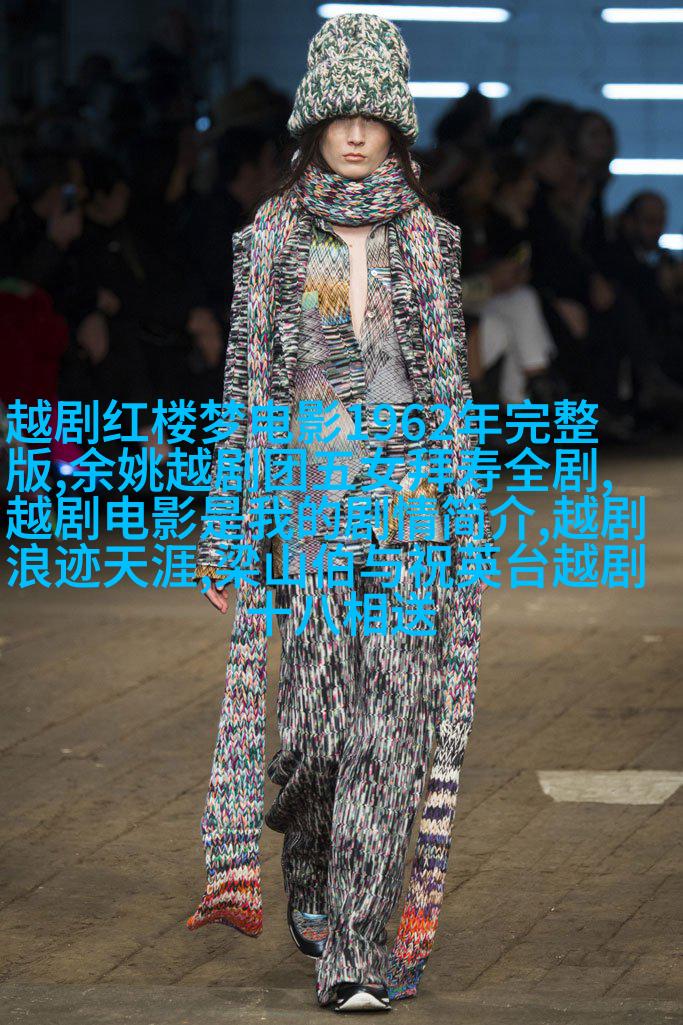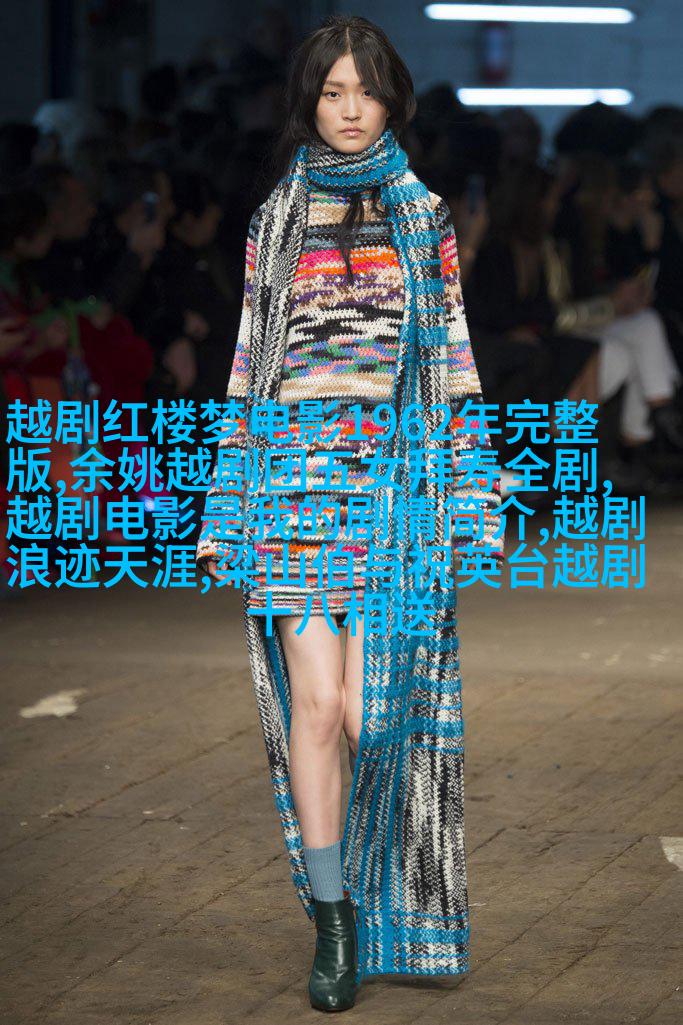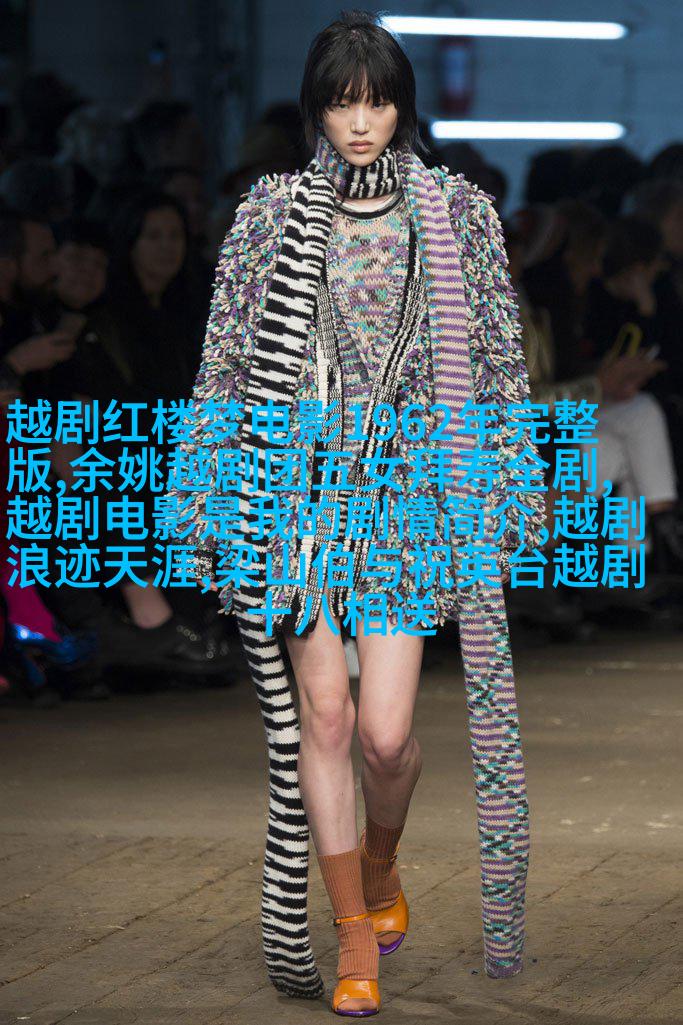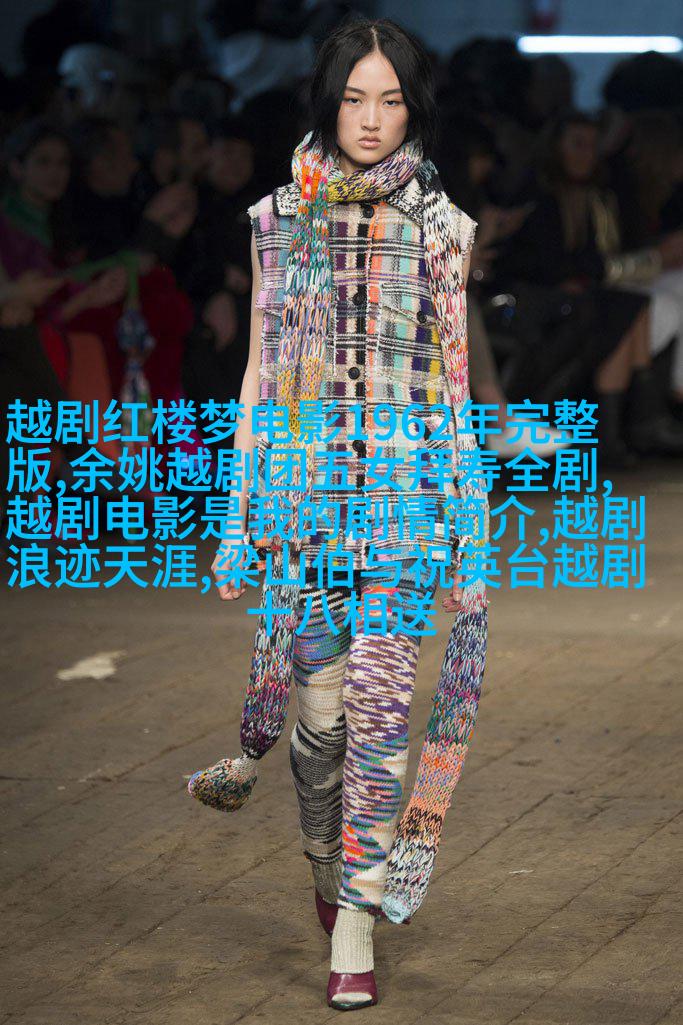在中国的传统戏曲艺术中,越剧占据了一个特殊的地位,它以其独特的歌唱、舞蹈和话剧相结合,展现出一种浓郁的地方色彩。作为越剧的一名大师级表演者,王文娟以她的卓绝技艺和深厚情感,在观众心中留下了一道亮丽的印记。

在她近照中的每一张照片,都似乎透露着她对这门艺术的无限热爱与敬畏。在这些照片里,我们不仅能看到王文娟外表上的变化,更能感受到她内心世界的丰富多彩。岁月静好,她依然保持着那份年轻时期未曾减弱过的情怀;艺海沉浮,她却始终坚守于自己的道路上,不为世俗喧嚣所动摇。
首先,让我们从她的容颜说起。在这些近照中,我们可以清晰地看出王文娟面部线条上的细微变化。她脸上的笑纹更加深邃,每一个皱折都承载着她多年的生活经验与情感经历。而且,这些笑容也许是对过去某个难忘瞬间的回忆,也可能是对未来某个美好的愿景的期待。这正是越剧所追求的人生哲学——即使是在最艰苦的情况下,也要维持一颗乐观的心态。

接下来,让我们看看她的衣饰风格。在许多图片中,我们能够看到王文娟身穿的是传统服装,那是一种典雅而又庄重的大气感觉。这不仅仅是一种审美选择,更是一种文化自觉和民族自豪。一位真正懂得如何穿梭于时代洪流中的艺术家,无论走到哪里,都应该带有代表自己文化根基的标志性装扮。
再来看一下她的表情。在这些照片里,她眼神里的智慧和力量让人赞叹不已。这种眼神不是随便就能得到,而需要长时间磨砺、沉淀才有的。这也是为什么人们会称呼她为“越剧大师”的原因之一——因为她的眼睛里映射的是几十年来的汗水与努力,是一种既温柔又坚定的人生态度。

此外,还值得注意的是,她的手势语言。当一个人经过如此多年的实践,他们手指之间已经能够流露出无言的话语,即使没有开口讲话,也能够通过手势告诉你很多故事。这就是为什么在很多场合下,观众更倾向于注视演员的手臂或双手,因为那里蕴藏着非凡的情感力量,以及高度精湛的手法表现力。
最后,再次提及到关于年龄的问题。虽然岁月匆匆,但对于那些投入到了自己的事业之中的艺术家来说,他们往往不会感到时间过快。他们把时间当作朋友,与它一起成长,与它一起变老。但同时,这也意味着他们不断地学习新东西,将新的知识融入到自己的作品中,使自己永远不要落后于时代前沿,这正是现代化过程中的一个重要方面,对于传统戏曲来说尤其如此。

总结起来,通过分析王文娟在不同的年龄阶段拍摄到的各种形象,可以发现 hers is a journey of artistic growth and exploration. She has never stopped learning, creating, and pushing the boundaries of her art. As she continues to perform on stage, her legacy as a master of Yue opera will only grow stronger.
In conclusion, through analyzing the different images of Wang Wenjuan at various ages in her life, we can see that hers is a journey of artistic growth and exploration. She has never stopped learning, creating, and pushing the boundaries of her art. As she continues to perform on stage, her legacy as a master of Yue opera will only grow stronger.

This article serves as an ode to Wang Wenjuan's dedication to preserving traditional Chinese theater while also embracing modernity in its own unique way. Through examining each photograph taken throughout her life span from youthfulness to maturity with wisdom etched into every lineament – both physical and emotional – this essay reveals how King’s vision for maintaining cultural heritage remains unwavering despite all obstacles faced during his career-long quest for excellence within this ancient formative medium called "Yue Opera".
As one who has lived up until now; yet still takes time out daily practice their craft: be it dance or song - they know well what matters most when it comes down between either tradition vs innovation which path do they choose?


